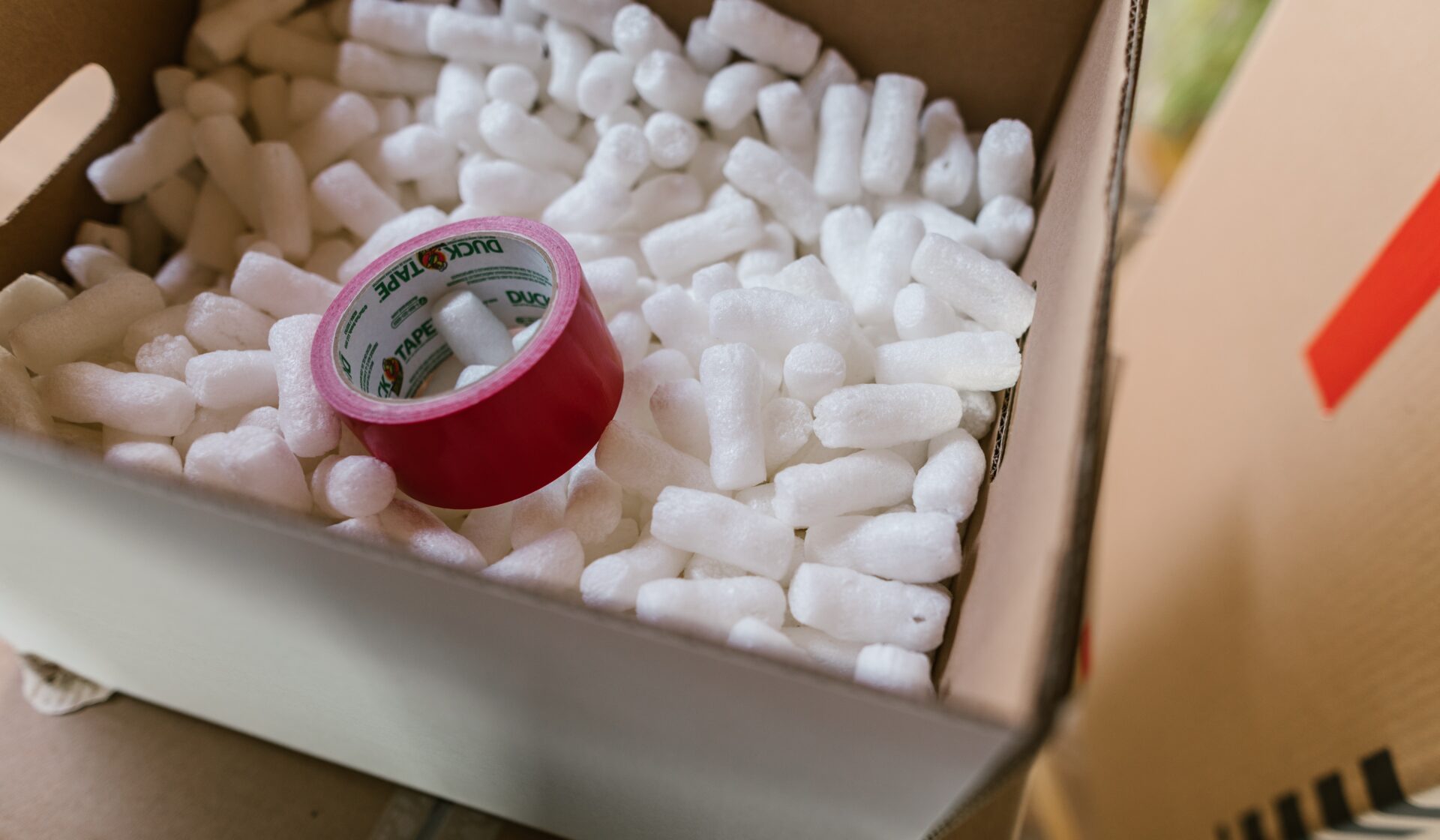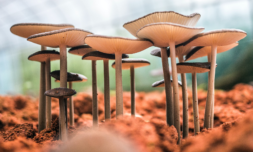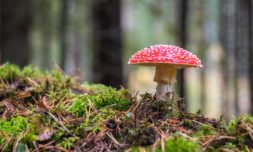A Ukrainian startup has successfully developed a 100% biodegradable and extremely lightweight packaging alternative made from mycelium roots that fully decomposes in just a month.
If you’re familiar with my writing, by now I’m sure you’re well aware of my deep-rooted obsession with all things mycelium.
This is pretty understandable, given the amount of recent findings proving that there’s very little these fantastic fungi can’t do.
From communicating with ‘words’ (as though they weren’t magical enough) and acting as a pillar for toxic waste clean ups, to offering a new – eco-friendly – way to be buried and becoming a mainstay of modern medicine, skincare, and sustainable fashion, the 21st century has seen mushrooms take centre stage.
Despite their promise, however, you probably wouldn’t think of these delicate organisms as a biodegradable alternative to polystyrene.
Well, think again, because a Ukrainian startup has successfully developed an extremely lightweight type of packaging that fully decomposes in a month and could one day replace Styrofoam altogether.


Called S.Lab and founded by biochemists Julia Bialetska and Eugene Tomilin, the company’s venture began with a simple question: what can be done about the throwaway materials we continue to use despite knowing that they’re steadily destroying our Earth?
Of the many contenders in this field (plastic, paper, and glass being the top three), polystyrene is up there with the absolute worst.
For starters, as it’s petroleum-based, it’s incredibly slow to degrade and its manufacture contributes significantly to global warming.
Not only this, but if disposed of improperly, it can leach chemicals into the environment, harming water sources and generating hazardous waste that impacts wildlife and human health.
And while it’s technically ‘recyclable,’ there are, to date, no viable methods of recycling polystyrene due to high food contamination rates and a ‘weak market’ to process it.






















